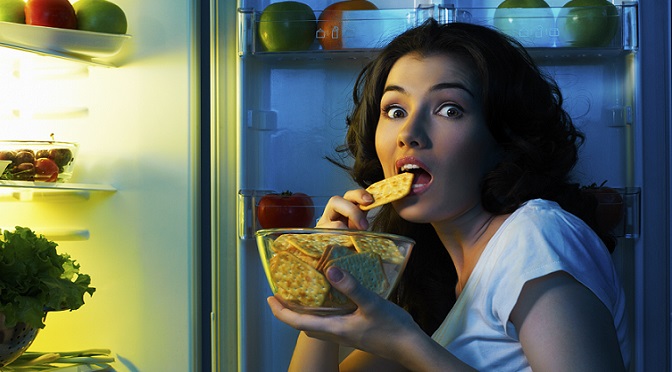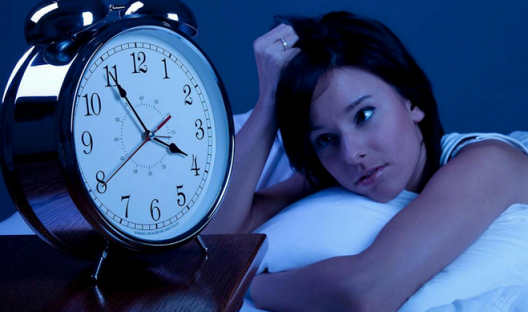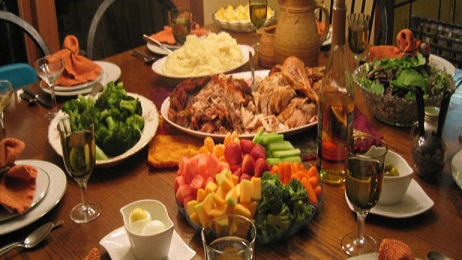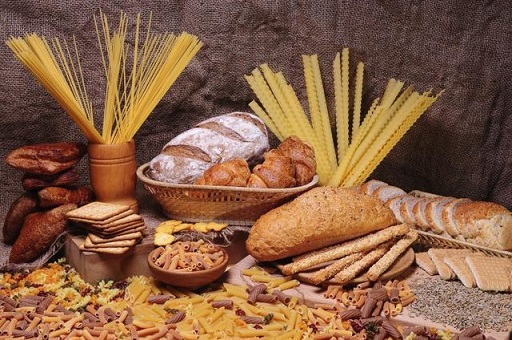Myth: Eating at night causes weight gainTruth: Our daily calorie intake determines weight gain or loss,regardless of when we consume our food.

Myth: We shouldn’t eat anything after 20:00.
Truth: Dinner is as important as our other meals. As it is the last meal before we go to bed and hence we will ‘starve” for between 6 to 8 hours, it is essential we eat something. Indeed, If we have our last meal at 20:00, go to bed at 23:00 and wake up at 0700, we will have “starved” for about half a day! Additionally, abstention from food may cause sleep disorders.

Myth: We should eat less at night.
Truth: At night we should consume the remainder of our daily calorie intake necessary for our bodily type. If we have taken most of our necessary calories during the day, we should eat something light at night. If not, we can eat normally.

Myth: We burn fewer calories at night.
Truth: The energy we consume to perform essential bodily functions (such as heart-beat or breathing)is the same day and night! What differs is our Physical activity which affects energy consumption-but this does not include (or affect people) with a sedentary life-style.
Myth: We shouldn’t consume carbohydrates at night.
Truth: Half of our daily calorie intake should contain carbohydrates. Ideally 7/10 of carbohydrates should be taken before the evening and the remaining 3/10 at night to secure stable and constant glucose levels for each 24 hour period. When we have a lower than necessary carbohydrate intake, our body uses proteins to produce glucose, a process called glycogenesis.

To sum up,
It is time to discard all the myths surrounding dinner habits and start planning a spherical 24 hour dietary program!
Sleeping disorders (or sleeping more than 8 or fewer than 6 hours)may affect our body weight more than eating before we go to sleep.
We need to beware Only of certain foods that may cause sleeping disorders or affect the quantity or quality of sleep:
1) Avoid caffeine(present in Chocolate and cola drinks)since it is a central nervous system stimulant
2) Avoid heavy meals at night to prevent indigestion.
3) Avoid sleeping immediately after dinner to prevent acid reflux
4) Although rare and extreme,food remnants may flow into lungs causing pneumonia .
Christina Mpalamoti MSc, AthensTrainers® Associate
